Rethinking the tea industry has become nexessary, as the tea garden families continue to be treated as ‘bonded labourers’ by the tea companies – argues Upendra
The recent announcement by the WB Govt to grant 5-decimal land to tea garden families has raised multiple issues. The state government seems to have taken the decision haphazardly without any forethought, as has been made apparent.
After the announcement, the government has now asked for the tea companies to send in their feedback and views on the said announcement. While, no such offer has been made to the tea garden workers, their family members, or their trade unions.
No such feedback or views were sought when the Mamata Banerjee government decided to hand over 7500 Acres of tea garden land for tourism development, making the tea companies biggest land owners in a prime tourism destination like Darjeeling, overnight.
What I find most audacious is that the tea companies expect the workers and their families to remain bound to them, like bonded labourers.
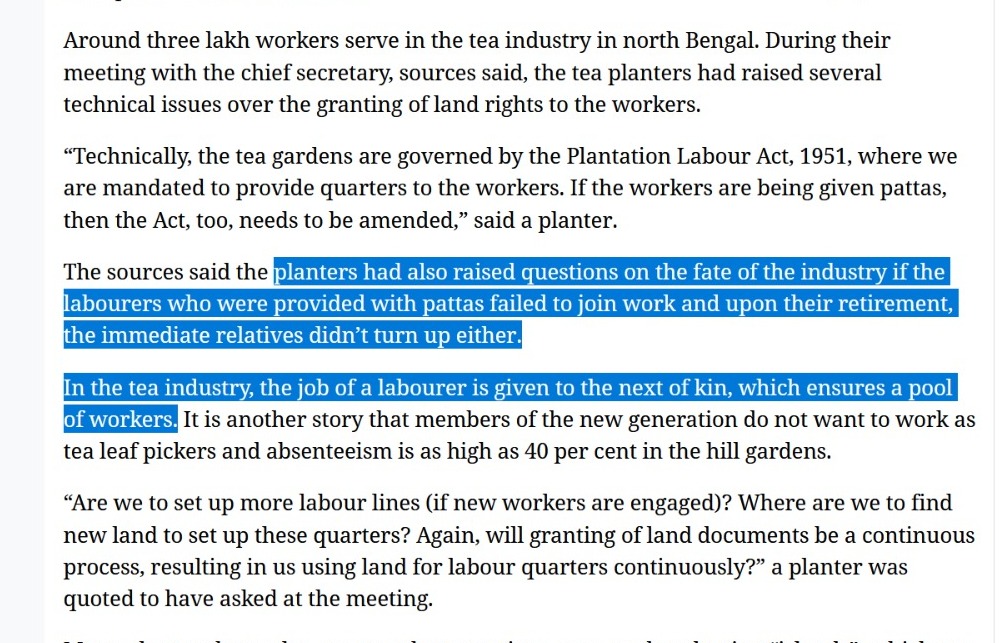
screen shot of a report from The Telegraph
Arguing against granting the tea garden workers their Parja Patta rights, the tea companies are arguing that the workers may not join work after getting the patta, or the next generation family members of the workers may not work for the tea industry, so they may have to construct new “labour lines”, again these new workers may have to be given land rights, and again their next generation may not come to work and so on…
What about the tea companies? Did anyone ever ask what will happen if the tea company decides to abandon the garden but continue to retain their investment in the tourism business? What if one company does it, and then another and another and so on?
The way the tea industry is set up is highly feudalistic with the workers having zero rights. This was a model championed by the colonial Britishers. They did not want the natives to have any rights, and to remain bonded to the tea companies. This modern day bonded labour practice has continued in the tea gardens of Darjeeling hills, Terai and Dooars.
In the 21st century, this is simply unacceptable.
Today, almost all the welfare measures taken by the tea companies earlier have been assumed by the government. For instance, the government is building homes through PMAY scheme, government is constructing roads through PMGSY scheme, the government is providing highly subsidized ration through PM Garib Kalyan Scheme. In place of firewood, the government provides cooking gas cylinder through PM Ujjwala scheme. Drinking water is provided through Jal Jeevan Mission’s ‘Har Ghar Jal’ scheme. Health Centres are being built through the National Health Mission. The West Bengal government is even constructing crèche for the children of the tea workers. The Tea companies are thus saving a lot of money these days, as the government has stepped in to deliver the welfare facilities that the tea companies were actually supposed to provide. Yet, the tea companies don’t want to give decent liveable wages to the workers, and later complain of absenteeism.
I strongly feel that it is high time for the government to work towards dismantling this indirect bonded labour practised in the tea industry. The tea garden workers should have as much right to choose where they want to work as anyone else in the country. It is because of this feudalistic practice that the tea industry today affords to give the workers the lowest salaries, and almost no benefits, as they know they will have a ready supply of the next generation of workers, no matter how exploitative they are. Imagine, a non-skilled labourer today earning at least Rs 500 per day, whereas the tea garden workers are getting Rs 232 per day after multiple interventions by the state government. The tea garden workers too should be paid at least Rs 500 per day, that way the workers or their family members won’t need to go to distant cities to earn their livelihood.
The era of exploiting workers should be over.
Since the tea industry is so adamant about not granting the workers fair wages or their rights, from my vantage point, I sense that the only way for the tea industry to survive is by having the workers as equal stakeholders in the tea industry. The workers should get a share in the profit. Alternatively, instead of giving the tea gardens to be run by massive conglomerates, the government should adopt the cooperative model, and the tea gardens should be run as a worker cooperative. If AMUL can be successful worldwide as a cooperative, so can the tea industry of Darjeeling hills, Terai and Dooars. We need to dismantle the existing exploitative company-worker structure. We need to ensure justice for the workers by making them co-owner and equal partners in running the gardens.
In the long run, the cooperative system of tea gardens will not only rake in huge revenues for the government, but it will also ensure the economic well-being of the workers, as well as our entire region.
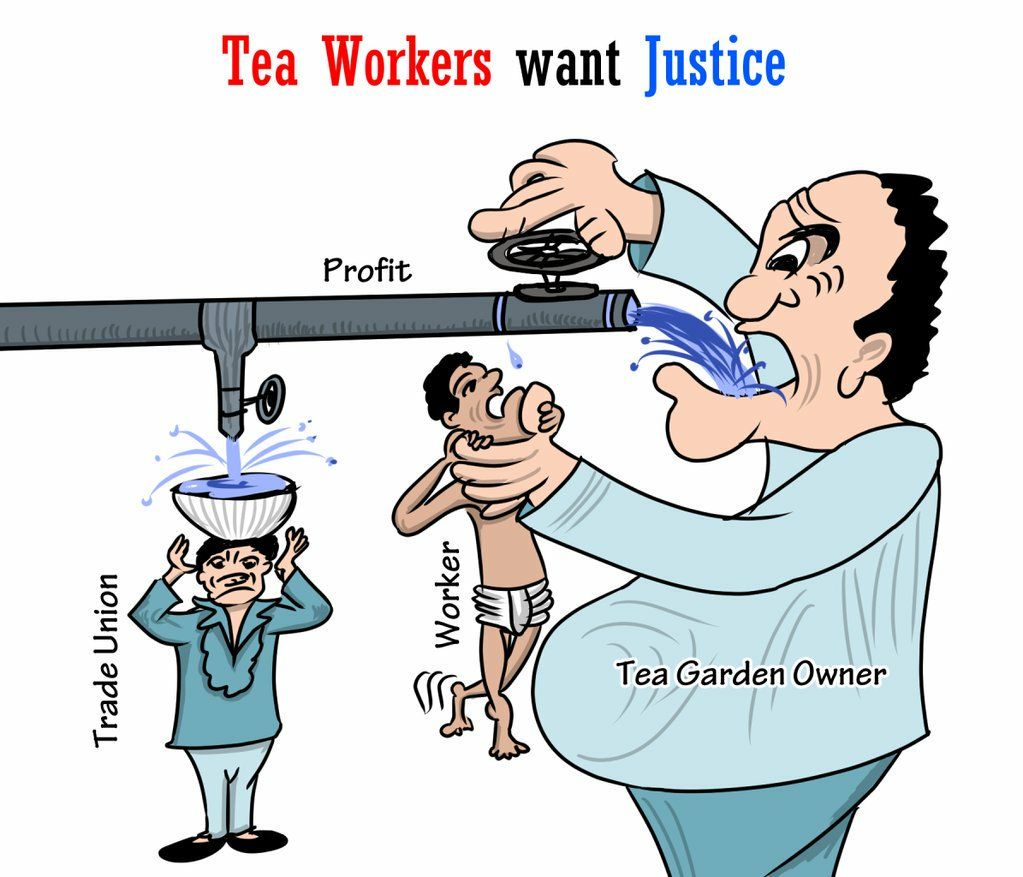

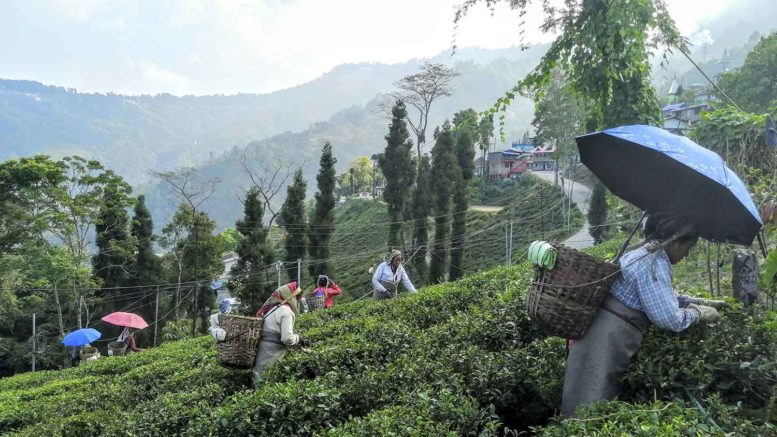

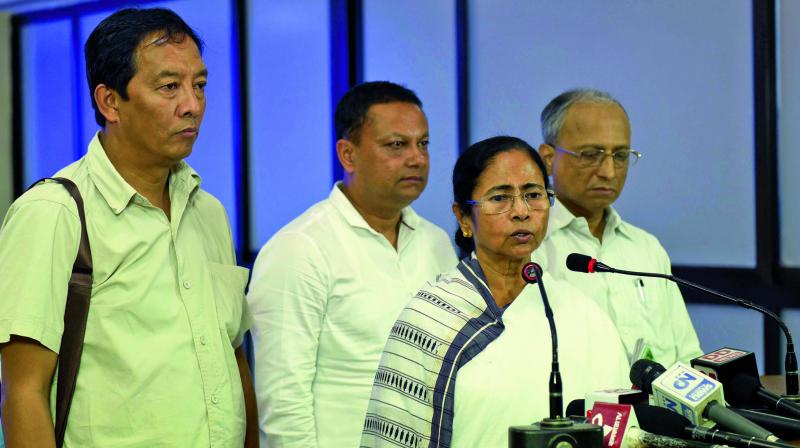

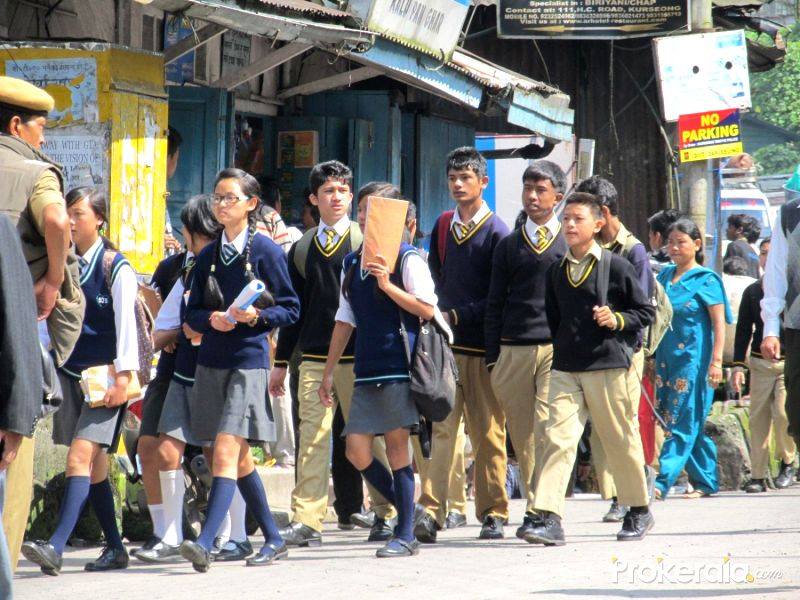
Be the first to comment on "RETHINKING THE TEA INDUSTRY – Tea Garden Familes Aren’t Bonded Labourers"